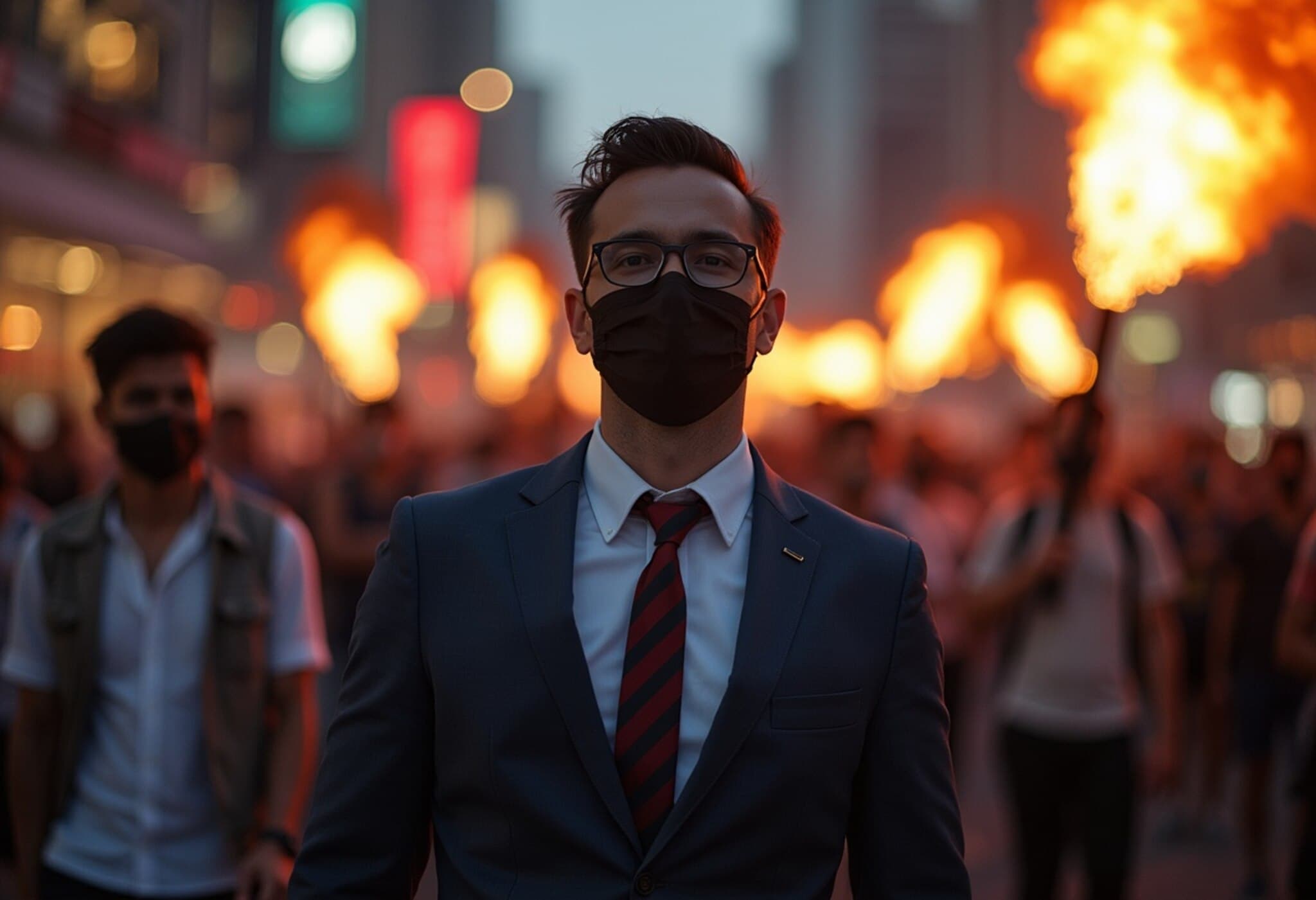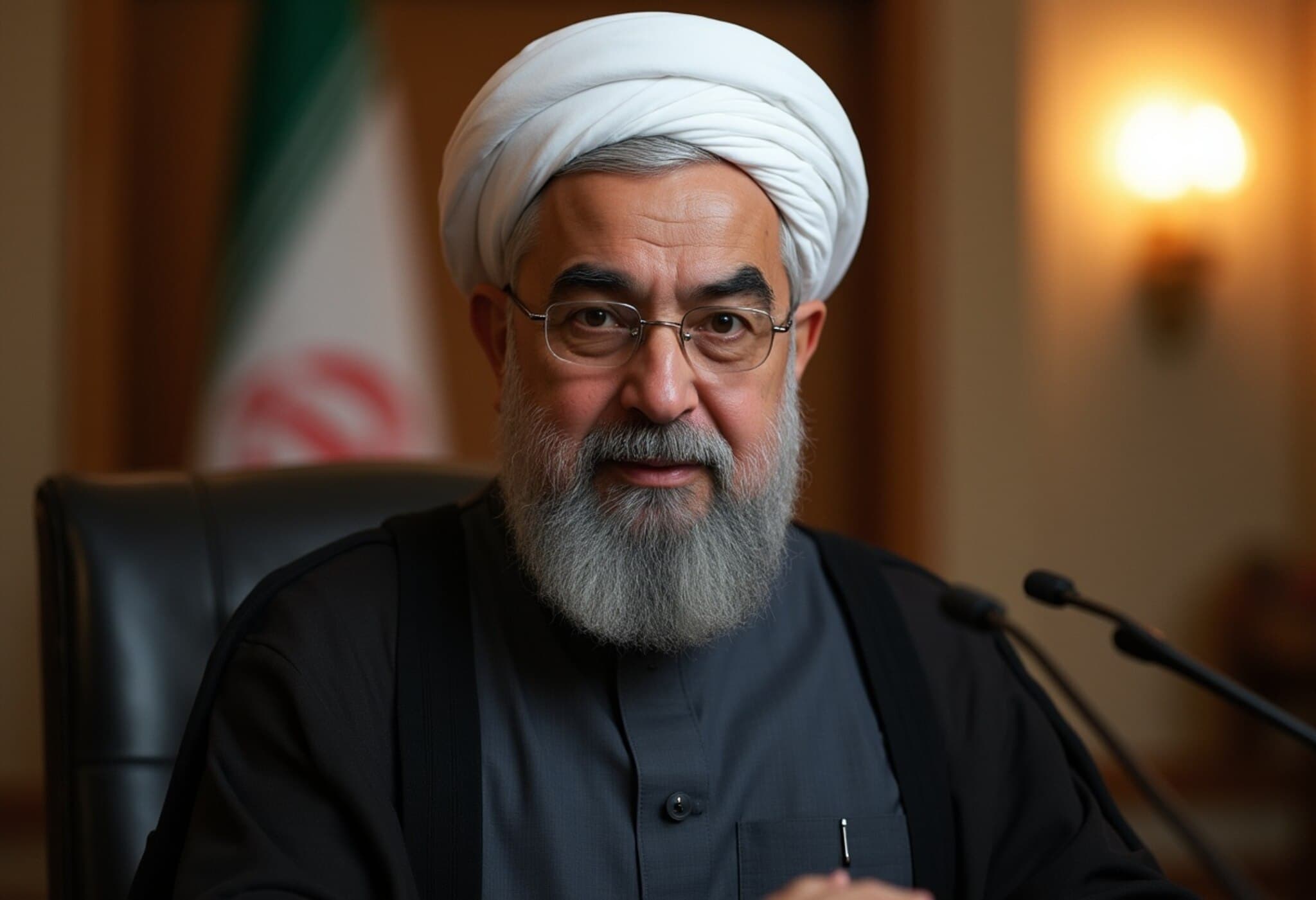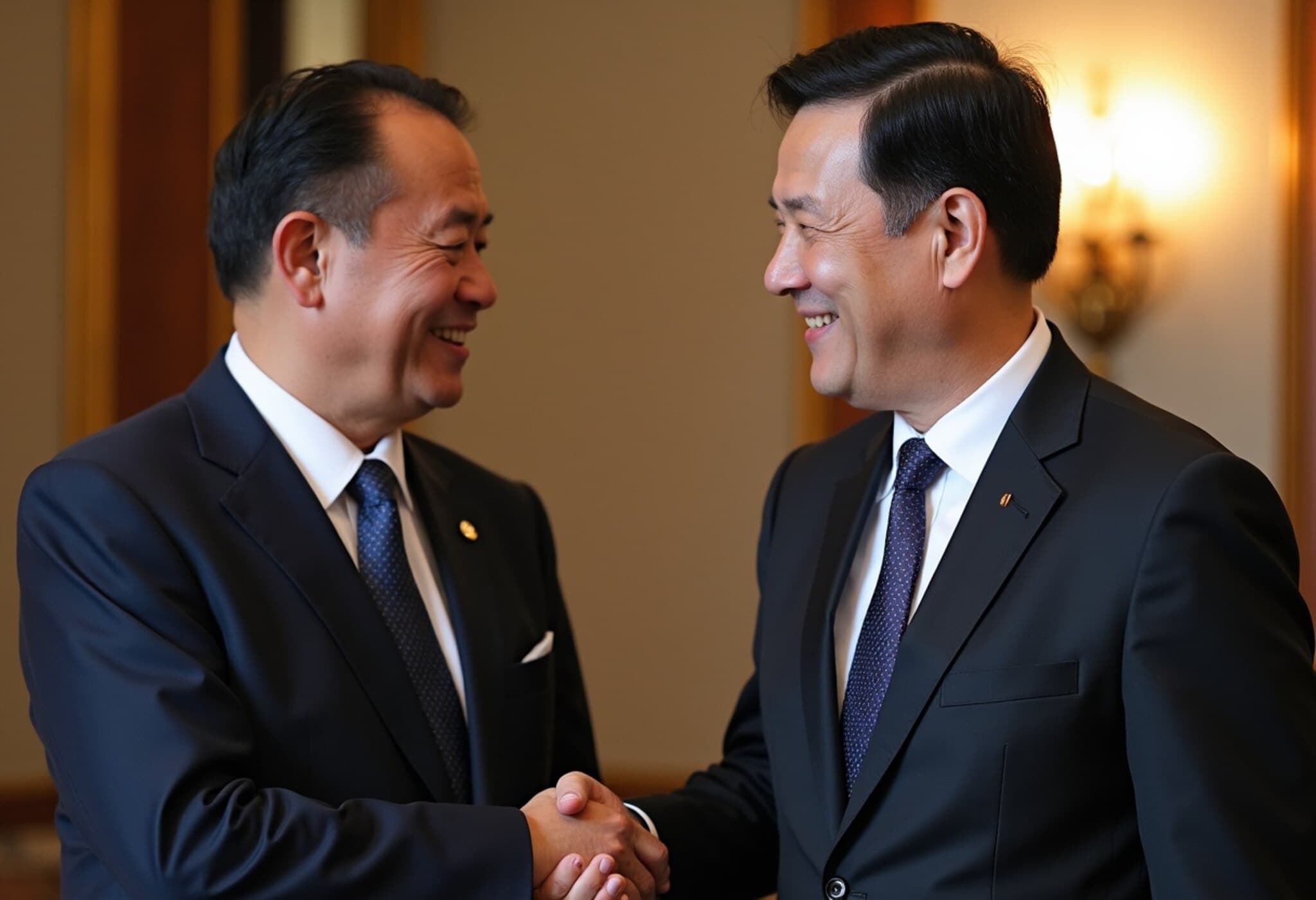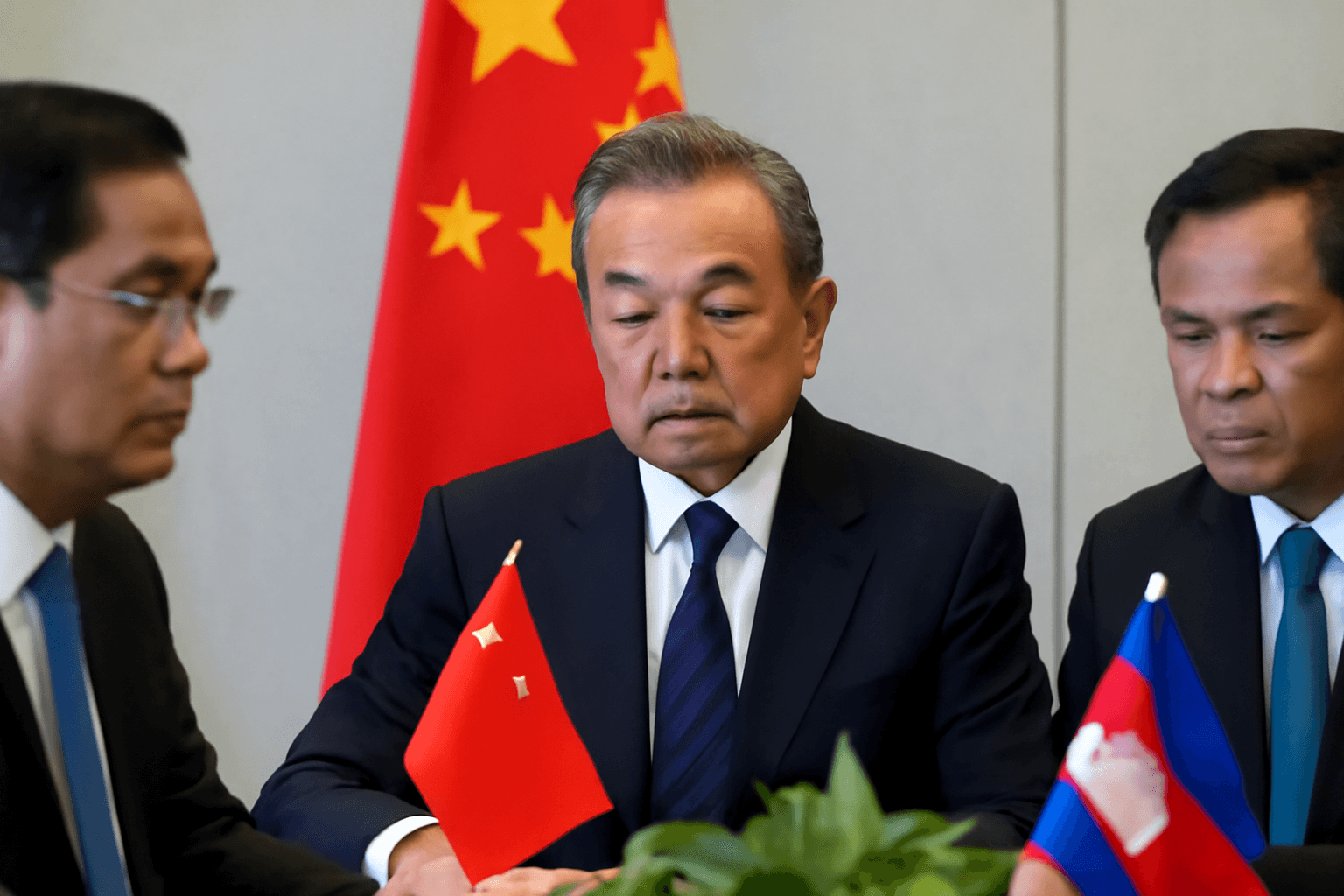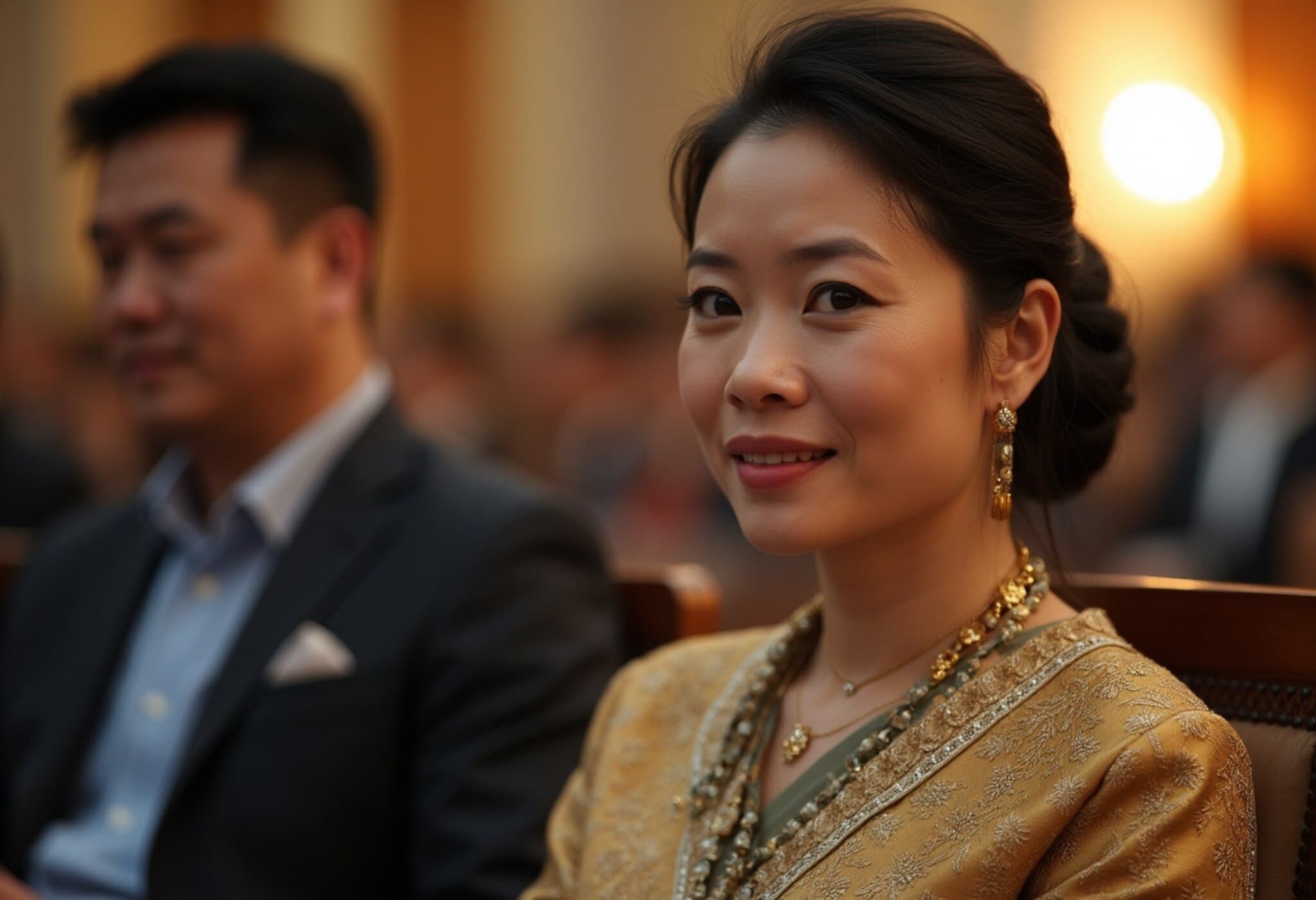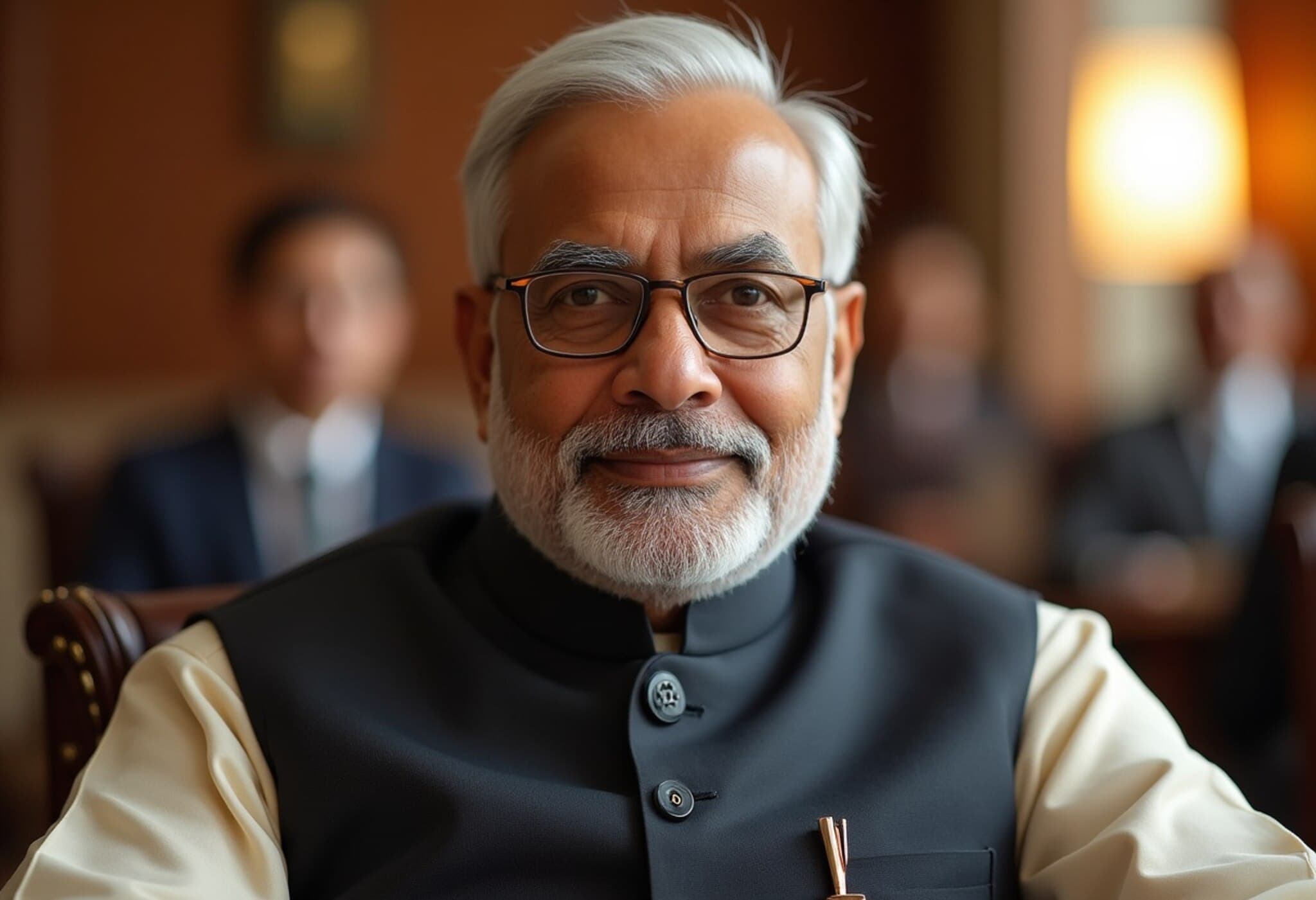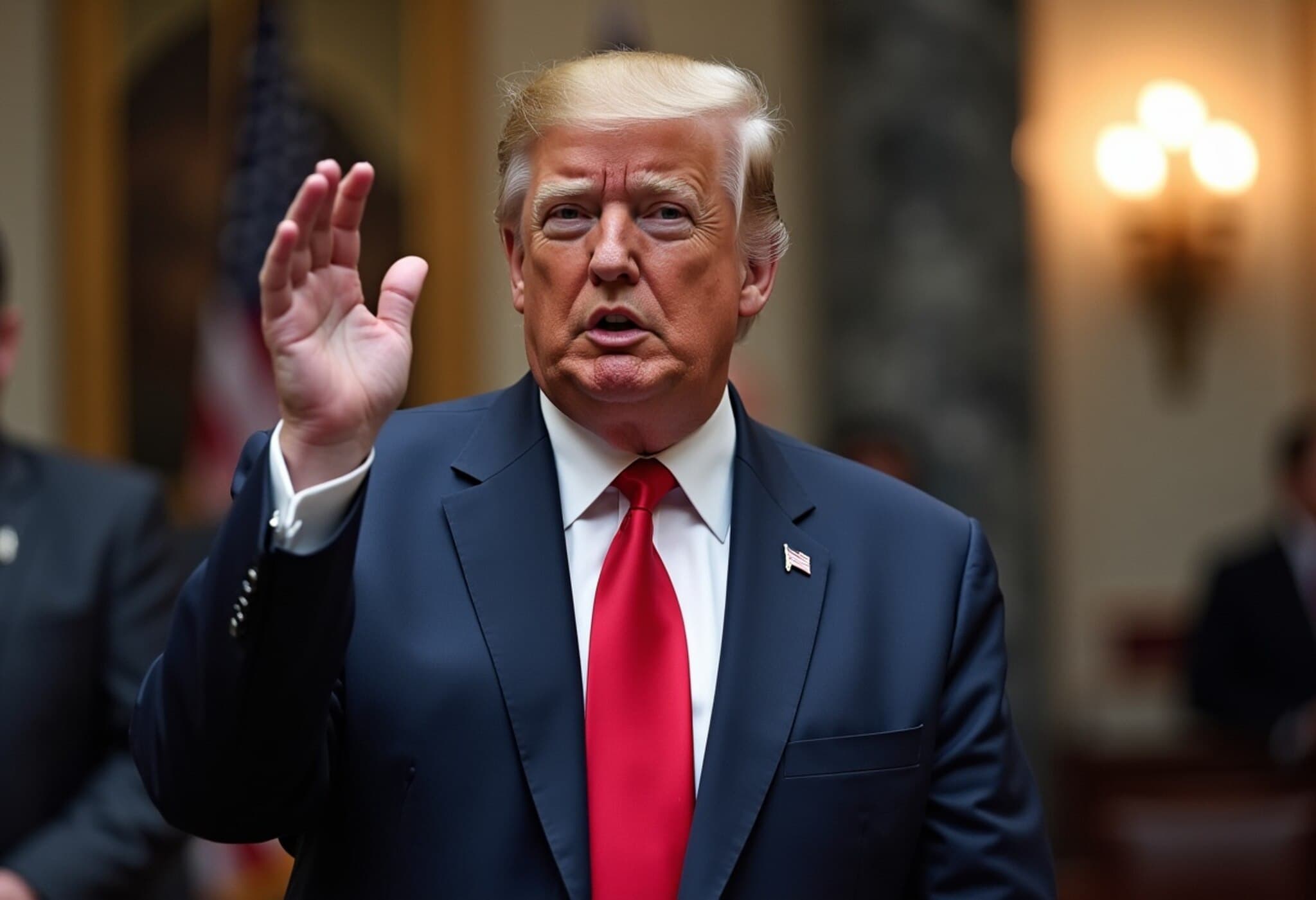Malaysia Protests US Ambassador Nominee Nick Adams Over Controversial Social Media Presence
In an unusual episode highlighting the intersection of diplomacy and social media influence, Malaysia has witnessed protests outside the US embassy in Kuala Lumpur against the proposed appointment of Nick Adams as the next US ambassador. Adams, known for his brash "alpha male" persona on social media and outspoken support for Israel’s military operations in Gaza, has ignited fierce backlash from Malaysia’s predominantly Muslim population.
Who Is Nick Adams and Why the Controversy?
Nick Adams, an Australian-born political commentator naturalized as a US citizen, has cultivated a large following by embracing a hyper-masculine online brand. His postings frequently combine cultural commentary with a staunchly pro-Israel stance, and at times include direct criticism of Islam. This has stirred considerable anger among Malaysian netizens and political activists, leading to organized protests that are rare for a foreign diplomatic nomination in Malaysia’s political landscape.
Protest Highlights: A Clash of Symbols and Diplomacy
On July 18, 2025, dozens rallied at the US embassy holding placards saying "Reject Nick Adams" and "No space for racists and Islamophobes in Malaysia." Protesters, many affiliated with the youth wings of Prime Minister Anwar Ibrahim’s Pakatan Harapan coalition, submitted a formal memorandum demanding the US reconsider Adams’ nomination, citing concerns over his divisive rhetoric and the potential damage to US-Malaysia bilateral ties.
- Protesters emphasized Adams' social media posts as insensitive to Malaysia’s multicultural fabric.
- Demands included choosing a candidate more moderate and conscious of Southeast Asia’s regional stability.
- Calls were made for Malaysia's government to exercise its rights under the Vienna Convention to reject the appointment.
Political and Economic Stakes Behind the Protests
Malaysia’s relationship with the US is at a critical juncture, with a key trade agreement deadline looming on August 1, and a significant 25% tax penalty threatening Malaysian exports otherwise. Prime Minister Anwar Ibrahim acknowledged the sensitivity surrounding the appointment, noting that the government would carefully consider it while striving to maintain robust US-Malaysia relations.
Experts highlight that ambassadorial positions extend beyond politics; they symbolize the strength of diplomatic bridges. Muhammad Izuan Ahmad Kasim from the People’s Justice Party encapsulated the sentiment: "An ambassador’s task is to be the bridge between two countries and we don’t want that person to be someone who destroys that bridge instead."
Legal Context: Host Nation Authority Over Diplomatic Appointments
Under international law, specifically the Vienna Convention on Diplomatic Relations, host countries retain the sovereign right to approve or reject foreign ambassadors without disclosing reasons. This gives Malaysia a diplomatic lever if it chooses to block Adams’ appointment. However, as of now, the Malaysian cabinet has not received formal notification of Adams’ nomination, said government spokesperson Fahmi Fadzil.
Looking Ahead: What This Means for US-Malaysia Relations
Adams' nomination still awaits confirmation from the US Senate, which is expected to proceed given the Republican majority. Nevertheless, the unfolding controversy shines a light on how non-traditional factors, such as social media personas and geopolitical fault lines, now deeply influence diplomatic appointments and international relations.
For Malaysia, the episode underscores the balancing act between maintaining economic ties with a global superpower and protecting national values and community sentiments. This protest also signals a broader caution toward cultivating diplomatic leaders with provocative public profiles in culturally sensitive regions.
Editor’s Note
The Nick Adams nomination serves as a modern case study on how digital identities and social attitudes reverberate far beyond borders, shaping diplomatic narratives in real time. Readers should consider how evolving concepts of public diplomacy demand ambassadors who can not only navigate political realities but also embody cultural respect and regional sensibilities. As global politics become increasingly entwined with social media influence, questions arise: are traditional diplomatic norms adapting fast enough? And how will such tensions play out in key US partnerships across Southeast Asia?

